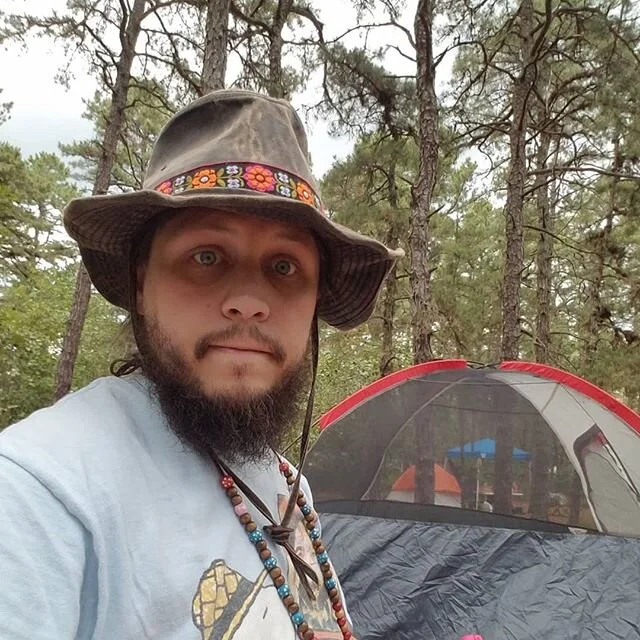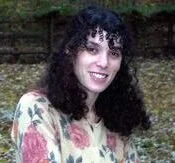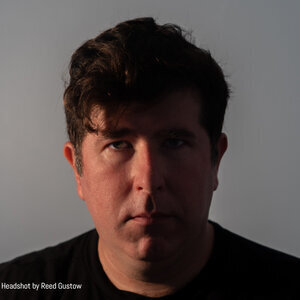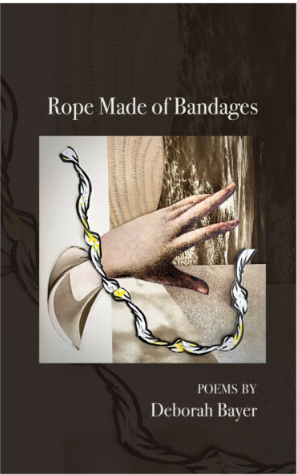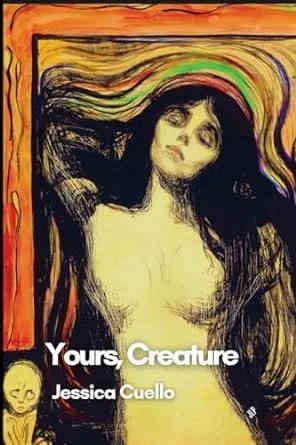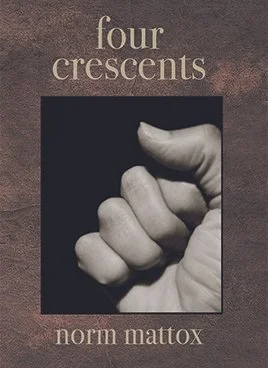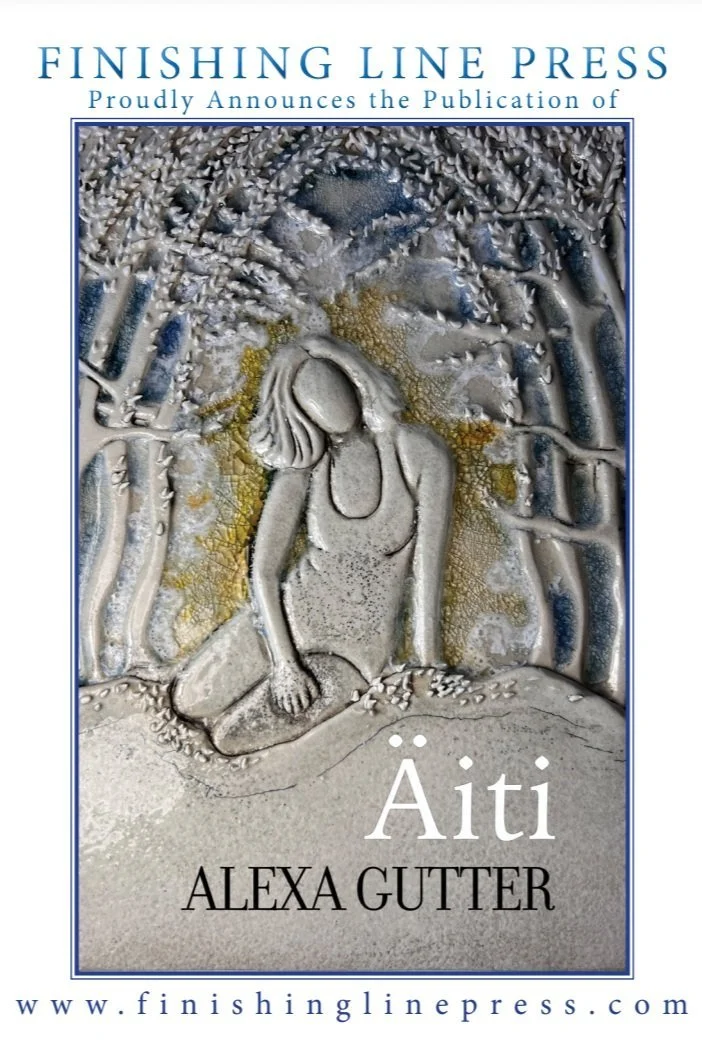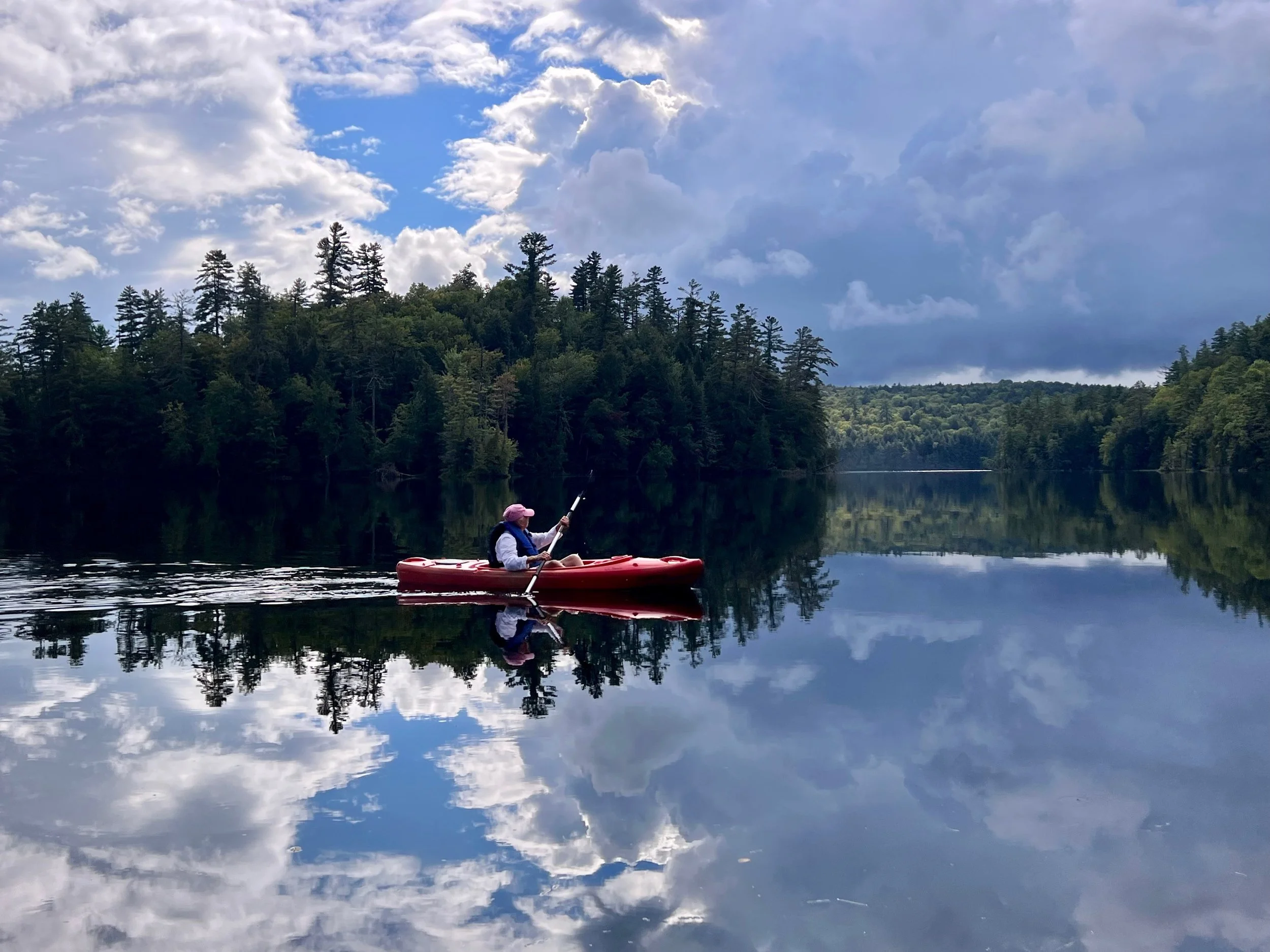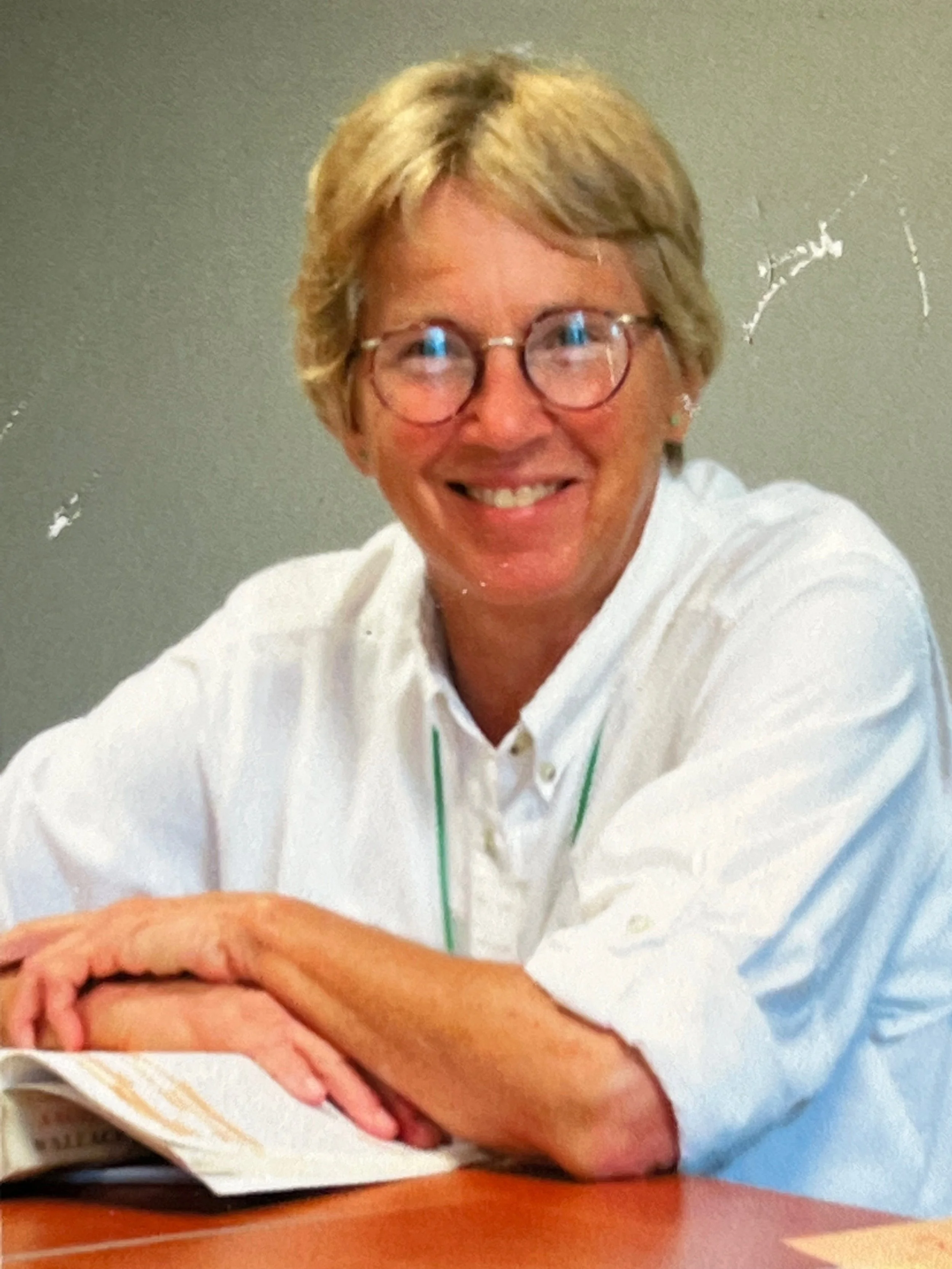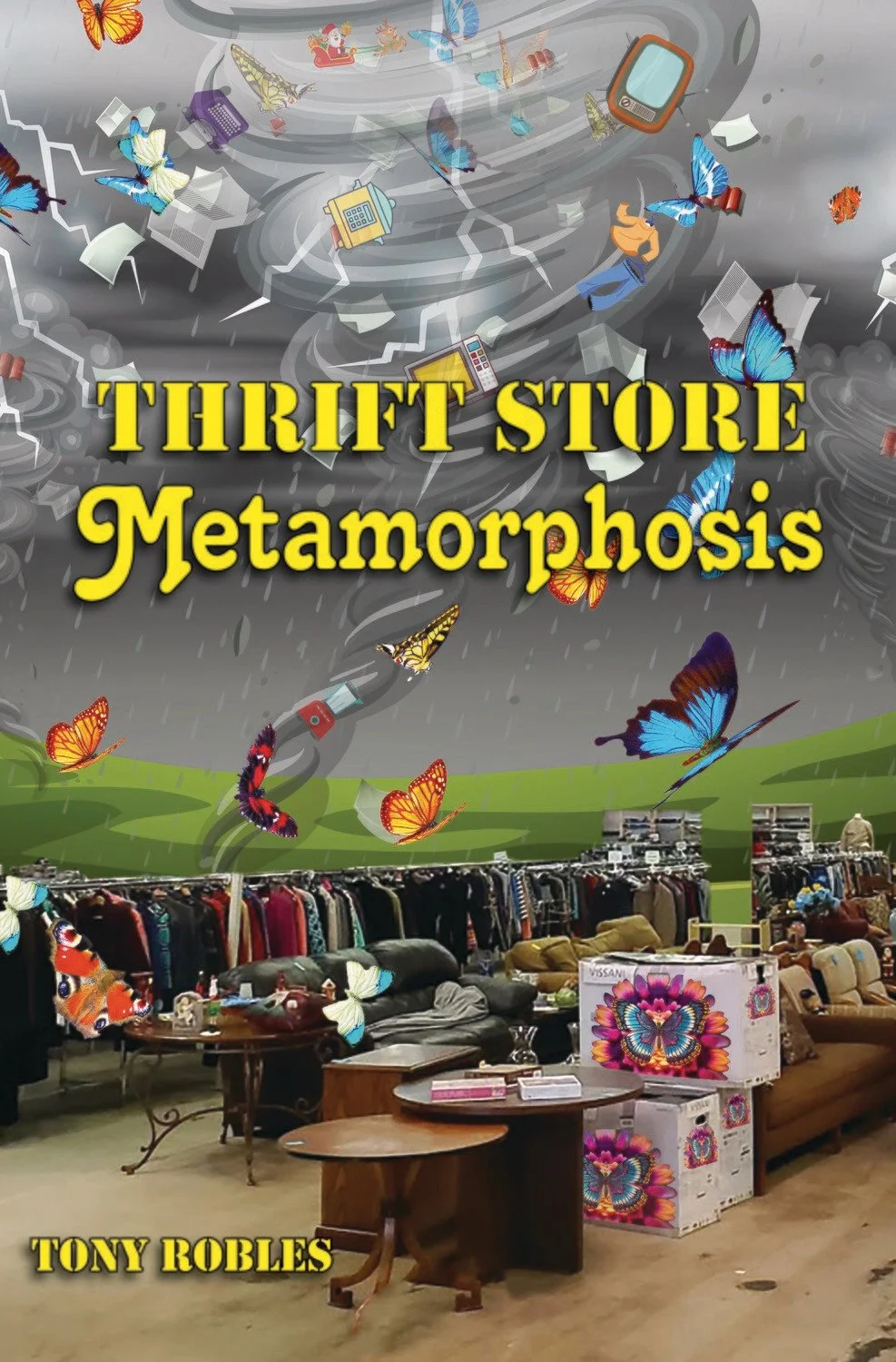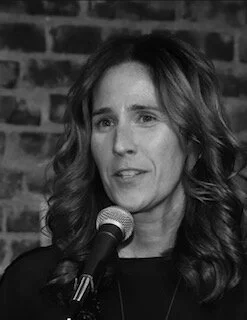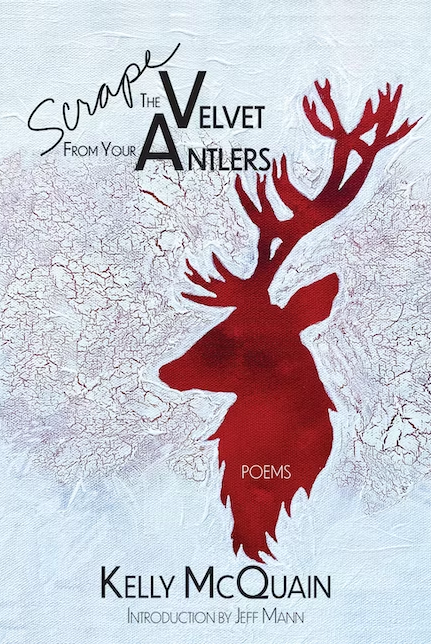i don’t dance at family parties
by n.l. rivera
the thing about salsa
is that you never quite meet each other,
a practice in avoidance,
in averting your gaze,
in damming it all up tight and never opening your mouth and i think my family
has lived like this.
and i think i refuse their inheritance
and, even when i scream,
i think i like the quiet,
and i think this is okay.
when i was little i loved to dance,
until someone—tío, titi, una prima, mi hermana—
(i really couldn’t say)
told me i was doing it wrong
was too much in my own head,
so now i wait til midnight
when the house is asleep and unsuspecting
and i put in my headphones
crank up celia cruz
and dance with myself.
y ay mamá,
ay papá,
What are your muses? What drives you from all possible blank page to finished piece?
I mostly draw inspiration from the people around me (I minored in Psychology in my undergrad, and I suspect that may have something to do with it). I’ve always found myself fascinated by the way people function in this world, especially the people closest to me. Usually it’ll be something that comes up in conversation, or a memory I haven’t thought about for a while, and it’ll just get stuck in my head. When I find myself repeating it over and over, looking at it from different angles, that usually means that the only way to get it out, to fully process it, is to make it into a poem. Sometimes that works. When it doesn’t, I keep writing more poems until it does.
Do you have any quirky writing habits? What is your process like?
I feel like every writer is quirky in our own little way, so it’s hard to say! I used to be insistent on only drafting in fountain or gel pen, but I’ve found I’ve become less picky as I’ve gotten busier with life (although I do still keep a stash of Pilot G-2s in my desk).
I’ve been spending a lot of time recently thinking about my writing process—I’ve always struggled to be the kind of person who can just pick a time to sit and write every day. What happens more commonly is that I collect ideas as I go through life—a stanza in my journal here, a line in my Notes app, even voice memo rambles. Then, when the whim to write strikes me, I’ll look through everything I’ve gathered and see if there’s anything there. Sometimes the thought hasn’t fully matured in my mind yet, and I can look at something and say, “Well, I’ll come back to you later.” Other times, I’ll find a nice crunchy line, write it down, and find that I just keep going until there’s a whole page there!
You’ve worked as an editor for Glassworks Magazine and at Singularity Press. What have you learned from spending time on that side of the literary looking glass?
That the reception to your work, nine times out of ten, is not at all personal. I am a very, very sensitive person, and that scared me when I first started writing. I thought one rejection and it’d all be over for me. But I have read some really great things as an editor that I still didn’t think were ready to be published. Or I’ve fought very hard for certain pieces that just didn’t land with the rest of the group. I also know for a fact that I’ve been pickier on some days than others, depending on how I’m feeling. So I think that helped me compartmentalize my work a little bit more, and really understand that a rejection wasn’t about me, it just wasn’t the right place or the right time.
Another thing I’ve learned is that I love literary journals and the small press world. I have the utmost respect for every ragtag group of editors out there, because I know firsthand that this is hard, and sometimes doesn’t even feel that rewarding. Major props especially to the new journals that are popping up, even though everything in the world seems to be against creatives right now. Its people like that who are helping to keep the literary world alive, in my opinion.
Your work has a recurring theme of identity. Why is this theme particularly important to you?
I have spent most, if not all, of my adult life so far just wrapped up in my own identity. I grew up in a very suburban area, and I haven’t had much experience with anything outside of that. The rest of my family—parents, grandparents, aunts and uncles—spent most of their lives in very urban areas with a huge Latinx diaspora. That’s something that I never had. Toss in nine years of Catholic school, a decade-long gender exploration, and a desire to fill the golden child archetype, and you’ve got yourself the perfect storm of identity chaos. That’s not even getting into the mess of being a 2020 high school graduate (I have some theories on how that affected my self-image too).
All this to say, my identity is something I have been deeply engaged with these past few years, trying to piece together who I am, who I want to be seen as, how I’ve become more confident while still having so many questions. I think because of all of this constantly swirling in my mind, it often finds its way onto the page, whether I mean for it to happen or not. I’m embracing it at this point, and I hope that someone out there sees my work and gets that sense of solidarity, knows that we’re all trying to figure out this mess of who we are, and that it’s okay to keep asking those questions.
There are a lot of vivid images, colors, and textures to your work. What role does memory play in this sensory exploration?
Funnily enough, I feel like I’ve always had a very bad memory. I have some history of repression, too, so that’s a whole other thing that affects it. My first drafts are usually completely lacking sensory images, or are only sensory images, just the little things I can piece together. When it’s the former, I go back in afterwards to find the places where I could be more visual. A lot of my work, especially recently, deals with the ideas of inheritance, including inherited memories, so sometimes I pull from that, from the stories I’ve heard or the fantasies I’ve built from what actually happened.
Where can readers find more of your work? Follow you on social media?
You can find me on Twitter/X and Instagram at @nlriversss. I’m working on getting a website together, but in the meantime, that’s where I post about new work!
Nyds Rivera (published as n.l. rivera) is a queer Latino writer living in New Jersey. Their work has appeared or is forthcoming in Bullshit Lit, Spare Parts Literary, Whale Road Review, The B’K, and elsewhere. One of these days he’ll develop a strong sense of identity, but in the meantime, they plan to keep writing poetry. Online, he lurks on Twitter and Instagram: @nlriversss.
John Wojtowicz grew up working on his family’s azalea and rhododendron nursery in the backwoods of what Ginsberg dubbed “nowhere Zen New Jersey.” Currently, he works as a licensed clinical social worker and adjunct professor. He has been featured on Rowan University’s Writer’s Roundtable on 89.7 WGLS-FM and several of his poems were chosen to be exhibited in Princeton University's 2021 Unique Minds: Creative Voices art show at the Lewis Center for the Arts. He has been nominated 3x for a Pushcart Prize and serves as the Local Lyrics contributor for The Mad Poets Society Blog. His debut chapbook Roadside Oddities: A Poetic Guide to American Oddities was released in early 2022 and can be purchased at www.johnwojtowicz.com. John lives with his wife and two children in Upper Deerfield, NJ.



